Catfish can survive in cold water, and they like frozen water. They like to live in the deep part of the water during the colder season. Catfish can live easily in freezing water until the water becomes ice completely. But the fact is, the bottom part of the lake does not become ice in the coldest temperatures. There is always a watery part at the bottom of any lake or pond; they stay in the holes or under holes or rocks or logs-type structures under the water. The catfish is a bottom-dwelling lake fish. They can also be found in the ocean. It is very common in any pond, lake, river, or stream. They are available in most parts of the continent but are absent in Antarctica.
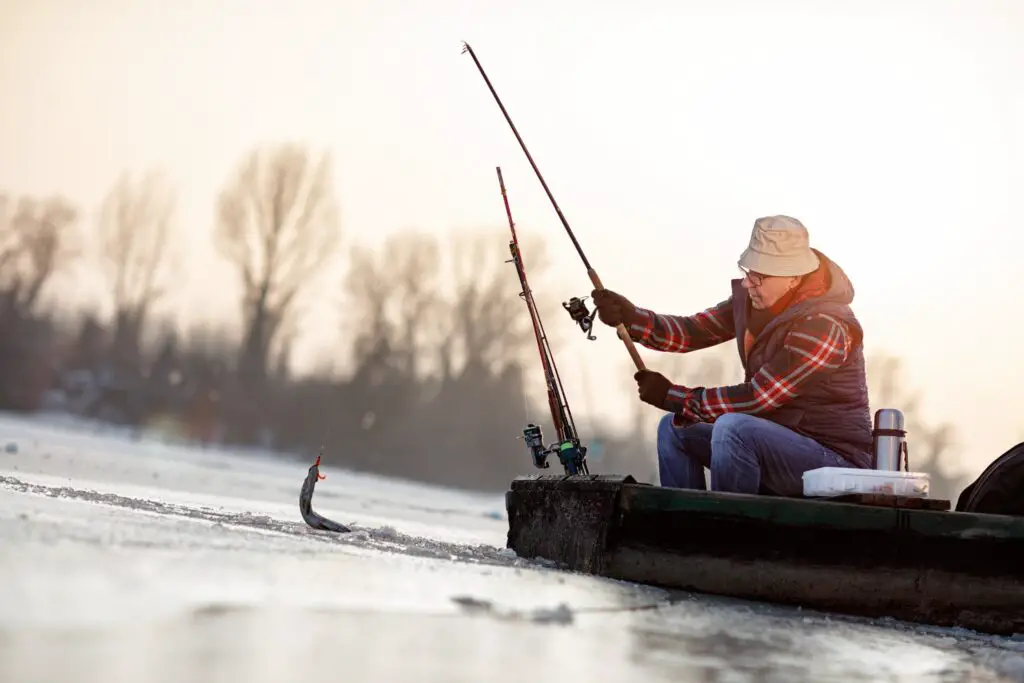
Behavior of Catfish in winter
Catfish love both temperatures. They can live in both warm and cold water. It is difficult to say which season they love most, as they can live, move, and eat in both temperatures, but their activity is not the same at both temperatures.
Channel, blue, and flathead catfish usually grow fast in warm water, but they grow steadier in colder temperatures. Overall, the catfish grows faster than any other fish. They can be 1 lb within 4 months, and they can also be 50 to 100 lbs in a few years.
They like being active in the summer season. The warm season is best for fishing catfish as they eat a lot during this time, but if it were too hot it would kill them. They are also active in the chilly season as well, but in winter, they like to stay in holes or logs underwater.
Feeding and Reproduction Habits in Winter for Catfish
Their feeding habits remain the same in freezing water, but some researchers show that they eat more in the summer season and save the fat in their bodies so that they do not need to eat much in the winter. Other studies show their feeding is not dependent on the temperature. They eat when they wish to. So, catching catfish in ice water or frozen water is possible.
Catfish reproduction depends on the water temperature. They like to spawn in late spring. When the water becomes warm enough, they like to spawn. They do not spawn in winter. The female catfish lays around 50,000 eggs only once a year. When the female fish lays the eggs, the male one fertilizes them within an hour.
The male fish also guards the eggs and baby fish. They do not bite while spawning, as they are very busy, both male and female, during this time. Anyone who wants to go fishing while spawning may not find any, but the good news is that the spawning period is very short.
How Fish Survive in Frozen Lakes and Ponds
The properties of ice are the main reason behind it. Conventionally, ice is less dense than water. The ice floats on top of the water. Another property of ice is that it is also an insulator. When water becomes ice, it needs a colder temperature to grow thicker. For this reason, the ice is about 8 feet thick in any lake or sea. So, the lakes and rivers are partially frozen, and the ice part is like a lid on the watery part in the colder season.
The fish and other underwater creatures stay in the water below the ice layer. If the depth of the pond is less than 8 feet, then it will freeze completely. In a completely frozen pond, no fish will survive. Oxygen dissolves in water and colder water can hold more dissolved oxygen than warmer water. Then there will be an oxygen shortage in the lower layer if there are many fish. Many fish will need more oxygen. If they use all the oxygen from the water, they will die. How many fish will live under the ice also depends on how much oxygen is there.
Why Do Catfish Swim on Top of the Water in their Tanks?
Sometimes catfish swim on top of the water. If there is not enough dissolved oxygen in the water, the fish swim on top of the water to breathe. Cory catfish were often seen coming to the surface of the water surface to get air in their mouths. Other catfish also do this if they do not get enough oxygen. If the fish feel sick, they also do this. The quality of water can cause the fish to swim on top of the water, so first check the water. If the quality of the water is bad change it immediately. Catfish do not live in the upper part of the water. If this is happening in your tank, you should install a bubble pump, so the water gets enough oxygen to the catfish in your aquarium.
How to Catch Catfish in Winter
If anyone wants to catch catfish in the winter, he could be even more successful than in the summer. Proper planning and preparation allow anyone to catch catfish from a freezing lake, but this time, you may need more patience. If you try small lakes and ponds, your chances will be higher than on a large river, because with a large river a perfect spot cannot be found easily when it is colder, and the catfish are moving less. In the winter, the fish do not move much, so if you target a small area, it will be easy for you to catch them.
Use nice cut bait and sonar then locate a deep hole in any lake and try it there. Sonar is a device used to locate fish, also called a fish finder. In the winter with fish moving less, if you use a fish finder you will be able to know once the fish are found you will have a higher chance of catching them because they will be more likely to stay in the area they are. If you use a fish finder, you can quickly locate the rock edges or fallen logs.
Fishing is different in summer and winter. In winter, people need more patience to catch catfish, as the fish move very slowly. They become rigid in the winter and do not strike as fast as in the summer, but don’t be hopeless. It doesn’t mean they are not interested. They are interested, but you need to give them some time to be active.


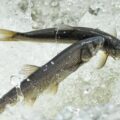
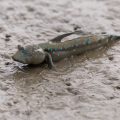

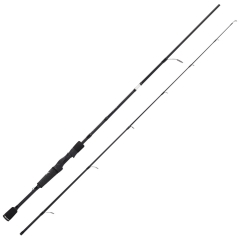


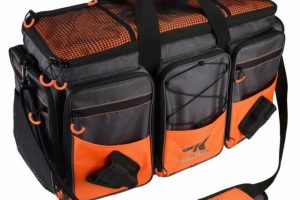
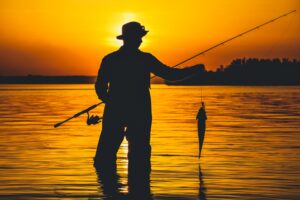
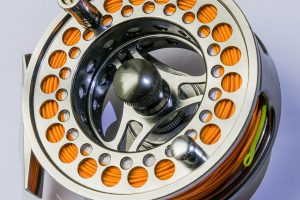

Pingback: Can a Catfish Stop Swimming and Live? | Reel Fishing Guru
Pingback: Differences of Catfish vs. Tilapia | Reel Fishing Guru
Pingback: Do Catfish Hibernate? | Reel Fishing Guru
Pingback: How to Fish for Catfish off a Bank? | Reel Fishing Guru
Pingback: What Is the Difference Between Catfish and Sea Bass? | Reel Fishing Guru